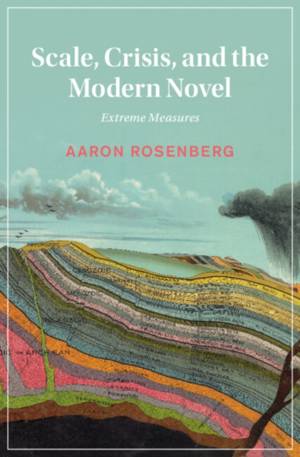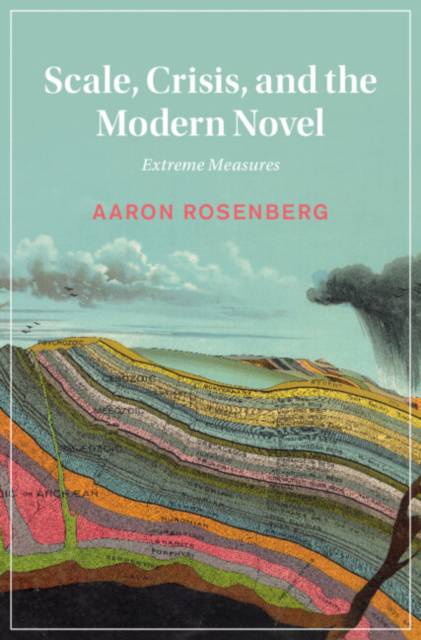
- Afhalen na 1 uur in een winkel met voorraad
- Gratis thuislevering in België vanaf € 30
- Ruim aanbod met 7 miljoen producten
- Afhalen na 1 uur in een winkel met voorraad
- Gratis thuislevering in België vanaf € 30
- Ruim aanbod met 7 miljoen producten
Zoeken
Omschrijving
At the turn of the twentieth century, novelists faced an unprecedented crisis of scale. While exponential increases in industrial production, resource extraction, and technological complexity accelerated daily life, growing concerns about deep time, evolution, globalization, and extinction destabilised scale's value as a measure of reality. Here, Aaron Rosenberg examines how four novelists moved radically beyond novelistic realism, repurposing the genres-romance, melodrama, gothic, and epic-it had ostensibly superseded. He demonstrates how H. G. Wells, Thomas Hardy, Joseph Conrad, and Virginia Woolf engaged with climatic and ecological crises that persist today, requiring us to navigate multiple temporal and spatial scales simultaneously. The volume shows that problems of scale constrain our responses to crisis by shaping the linguistic, aesthetic, and narrative structures through which we imagine it. This title is part of the Flip it Open Programme and may also be available Open Access. Check our website Cambridge Core for details.
Specificaties
Betrokkenen
- Auteur(s):
- Uitgeverij:
Inhoud
- Aantal bladzijden:
- 217
- Taal:
- Engels
- Reeks:
- Reeksnummer:
- nr. 145
Eigenschappen
- Productcode (EAN):
- 9781009271776
- Verschijningsdatum:
- 9/11/2023
- Uitvoering:
- Hardcover
- Formaat:
- Genaaid
- Afmetingen:
- 152 mm x 229 mm
- Gewicht:
- 449 g

Alleen bij Standaard Boekhandel
+ 317 punten op je klantenkaart van Standaard Boekhandel
Beoordelingen
We publiceren alleen reviews die voldoen aan de voorwaarden voor reviews. Bekijk onze voorwaarden voor reviews.











